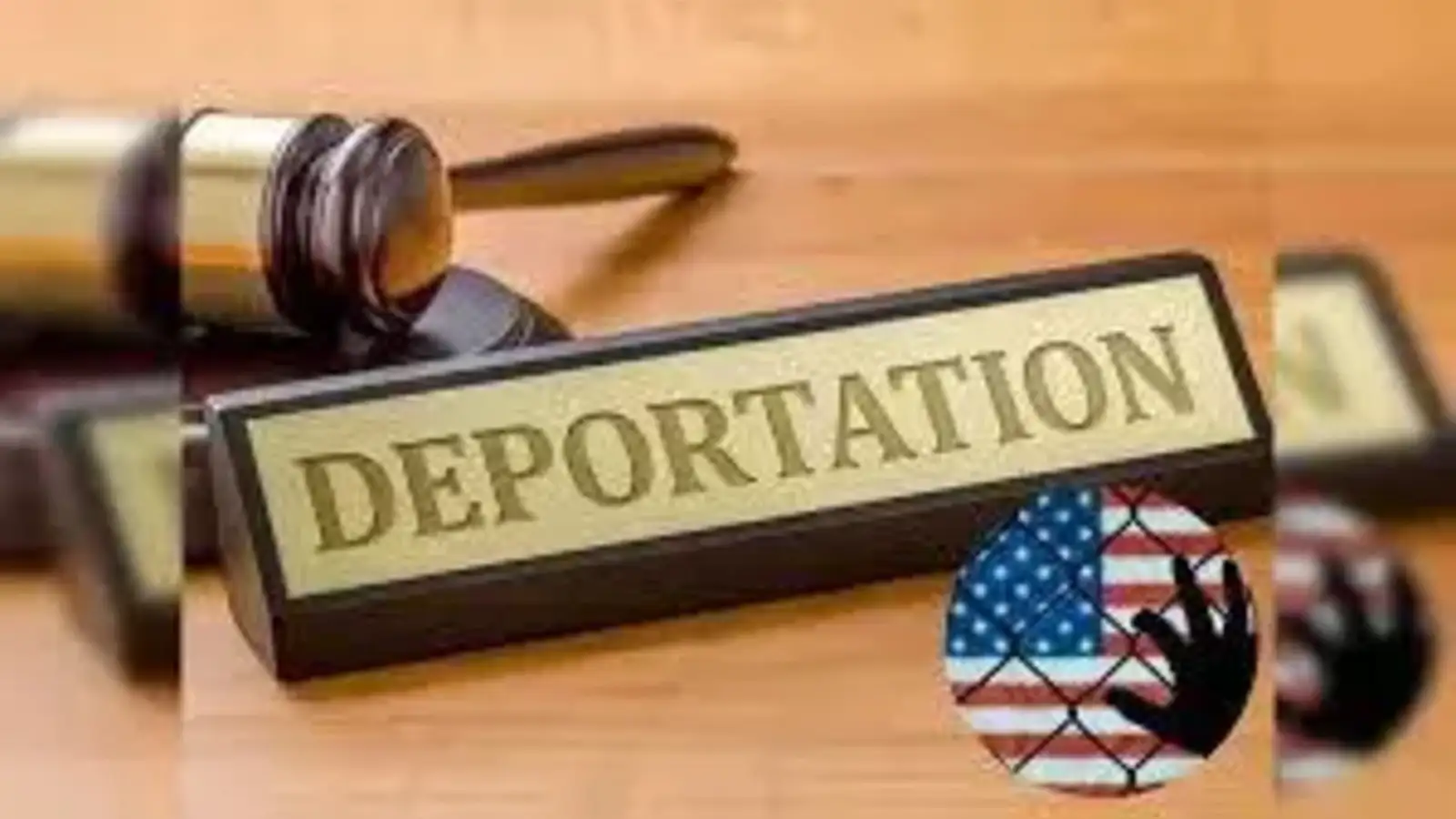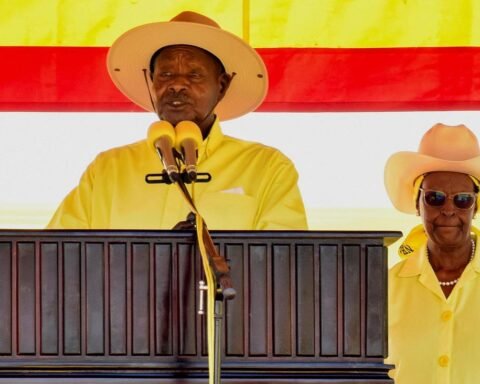Rwanda has quietly signed a new migration deal with the United States government, agreeing to receive up to 250 migrants who are being deported under renewed immigration enforcement plans.
The deal, signed in June 2025, reflects a growing international trend of third-country resettlement agreements, where migrants are relocated to nations with which they have no direct ties.
According to Yolande Makolo, spokesperson for the Government of Rwanda, the country is participating in the program as an act of humanitarian responsibility, referencing its own tragic history of displacement during the 1994 Genocide Against the Tutsi.
“Every Rwandan knows the pain of being displaced,” said Makolo. “This is a chance to extend the same support we once received from others.”
The first 10 individuals on the U.S. deportation list have been submitted for screening. Rwanda will review every case individually, rejecting any applicant with unresolved legal issues or serious criminal convictions, especially those involving violent or sexual offenses. Only those who have completed any prior prison sentences will be considered.
Migrants accepted under the deal will receive support, including temporary housing, vocational training, and basic health care, delivered through Rwanda’s local social integration programs.
Learn more about Rwanda’s national health insurance system and TVET training programs.
The agreement forms part of an aggressive immigration control strategy backed by U.S. President Donald Trump, who has pledged mass deportations of migrants without legal documentation. His team has revived the idea of shipping deportees to third countries, a policy that has drawn sharp criticism from rights groups like Human Rights Watch, and legal experts warning of breaches to international refugee law.
Rwanda now joins South Sudan and Eswatini — the first two African nations reported to have signed similar deals with the U.S. earlier this year. Deportees to Eswatini were reportedly held in solitary confinement, sparking global concern.
The facilities that will house the new arrivals — including the Hope Hostel and newly-built apartments on the outskirts of Kigali — were originally constructed for the UK-Rwanda asylum deal, which was scrapped in 2023 after Britain’s Supreme Court deemed it unlawful. Now, those same structures are being repurposed to receive migrants from the U.S.
Also Read; Media Urged to Foster Unity and Safeguard Data
“We had space and a system already set up. It makes sense to use it,” a local official told reporters anonymously.
The controversial UK deal had cost British taxpayers over £240 million, without a single migrant ever arriving. Rwanda insists it is now better prepared to manage migration flows responsibly and transparently.
Beyond humanitarian messaging, analysts believe Rwanda’s acceptance of the deal aligns with broader diplomatic goals. The U.S. has recently stepped up its engagement with Rwanda, including facilitating recent peace talks between Rwanda and the DRC, amid tensions in the eastern Congo.
Although the financial terms of the deportation deal remain secret, it is widely speculated that the U.S. is providing Rwanda with aid or budgetary support, as it has in past migration deals.
While the initial cap is set at 250 migrants, officials on both sides say that number could be revised in the future depending on logistics, public perception, and political stability. Rwanda has made it clear that no one will be detained, and deportees will have the right to leave the country if they wish.
This deal comes at a time when countries across the Global South are increasingly participating in international migration management, a space traditionally dominated by Europe and North America.
For many observers, Rwanda’s latest move solidifies its image as a small but diplomatically assertive nation — one willing to engage with powerful partners while navigating the risks that come with hosting controversial deportation programs.







